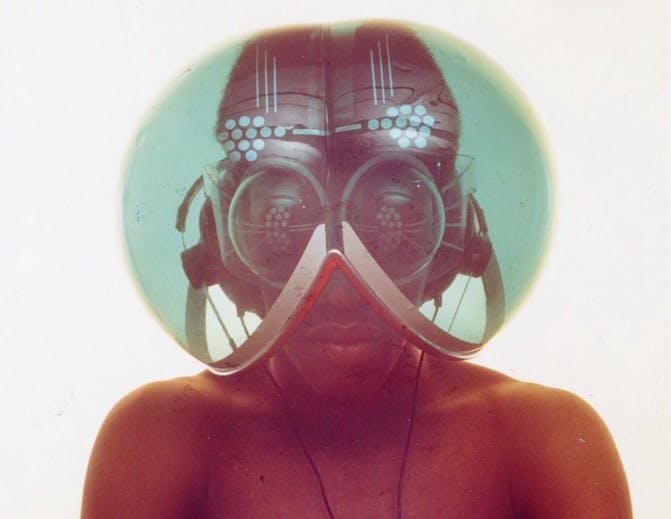Engineers try to do politics by changing infrastructure. That’s what they do. They tweak infrastructure. It’s a little bit like an ancient Roman trying to shape public debate by reconfiguring the Forum. “We’ll have seven new entrances instead of six, and the debate will change.” The engineering world doesn’t have a conception of how to intervene in debate that isn’t infrastructural.↱

Don't be evil
Fred Turner on Utopias, Frontiers, and Brogrammers
logicmag.io
Loading highlights…